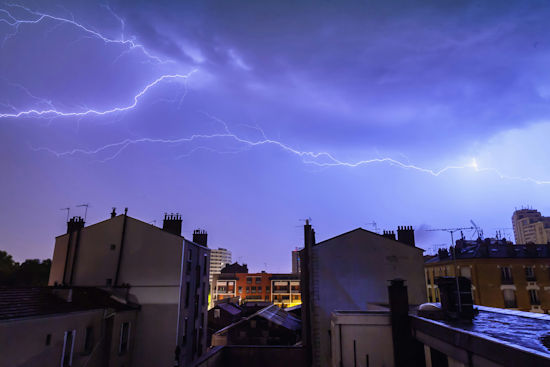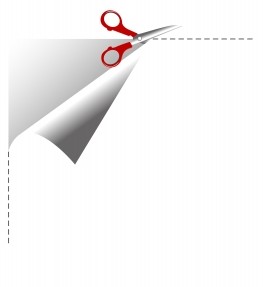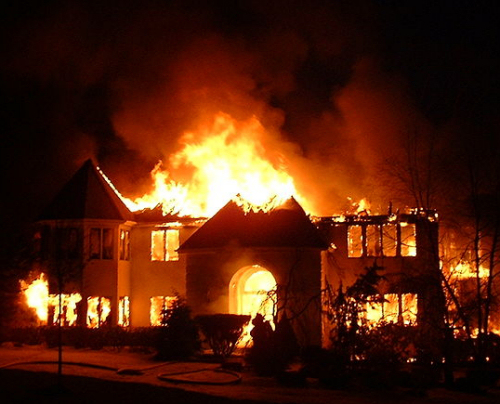Living near natural disaster-prone areas brings both the beauty of nature and the potential risks that come with it. As a homeowner, it’s crucial to safeguard your property and loved ones by having the right insurance coverage. In this blog post, we’ll explore the importance of budgeting for insurance when you live in natural disaster prone areas. So, let’s dive in and ensure you have the necessary protection in place.
Understanding Natural Disasters
Natural disasters, such as hurricanes, floods, earthquakes, or wildfires, vary greatly in their impact and the specific risks they pose to homeowners. For instance, while flood insurance is essential in a floodplain, it may be less critical in areas where earthquakes are more prevalent. It’s key to understand the frequency and severity of these events in your area and to consult with an insurance specialist to ensure that your policy covers the relevant types of disasters and how at-risk you are. They can provide insight into the history of natural disasters in your region and offer advice tailored to mitigate your specific risks, ultimately protecting your home and financial stability.
Types of Insurance Coverage
When it comes to insuring your home against natural disasters, there are several types of insurance coverage you should consider.
Homeowners insurance provides basic coverage for damage caused by perils such as fire, lightning, and windstorms. While it typically covers a wide range of risks, it’s important to review your policy to ensure it includes coverage for natural disasters relevant to your area.
A flood insurance policy is essential for homeowners living in flood-prone regions. Standard homeowners insurance policies do not typically cover flood damage, so obtaining a separate flood insurance policy is crucial to protect your property and belongings in flood prone areas.
If you live in an area that is prone to earthquakes, having earthquake insurance is absolutely crucial. In the unfortunate event of an earthquake, unleashing devastating and widespread destruction, earthquake insurance steps in to help you repair and rebuild your home. From structural damages to the contents within, this coverage ensures that you are well-prepared to handle the aftermath of such a natural disaster.
Lastly, for homeowners in hurricane-prone regions, windstorm insurance is vital. It provides coverage for damages caused by strong winds, including structural damage and loss of personal property. Though wind damage is often covered in standard homeowners insurance, it’s important that you look over the specifics of the policy so you know if you need a separate policy before it’s too late.
Factors to Consider When Budgeting
When budgeting for insurance coverage, there are several factors to consider. First, evaluate the specific natural disasters prevalent in your area and assess the level of risk they pose. This assessment will help determine the types and amount of coverage you need. Additionally, keep in mind that insurance premiums can vary depending on factors such as the value and location of your home, as well as the level of coverage you choose. To find the best coverage that fits your budget, compare quotes from different insurance providers. Lastly, closely examine the deductibles and coverage limits of your insurance policies. While a higher deductible may lower your premiums, it also means a higher out-of-pocket expense in the event of a claim. Ensure that the coverage limits are sufficient to adequately protect your property.
Tips for Budgeting
Evaluate your specific insurance needs based on the risks in your area, considering factors such as the age and value of your home, the contents inside, and your personal circumstances. Obtain quotes from multiple insurance providers to ensure you’re getting the best coverage at a competitive price. Don’t hesitate to ask questions and clarify any doubts before making a decision. Additionally, consider bundling your homeowners, flood, and other insurance policies with the same provider, as bundling can often result in discounts and simplify your insurance management. Lastly, explore any available discounts offered by insurance providers, as some may offer incentives for security systems, smoke detectors, or certain home improvements that mitigate risks.
Budgeting for insurance when you live near natural disasters is a critical step in protecting your home and loved ones. By understanding the risks, choosing the right insurance coverage, and implementing risk management practices, you’ll be better prepared for the unexpected. Remember, insurance is not just an expense—it’s a safeguard that provides peace of mind. So, take the necessary steps today to ensure your home is protected from nature’s unpredictable forces.
You might also like:



